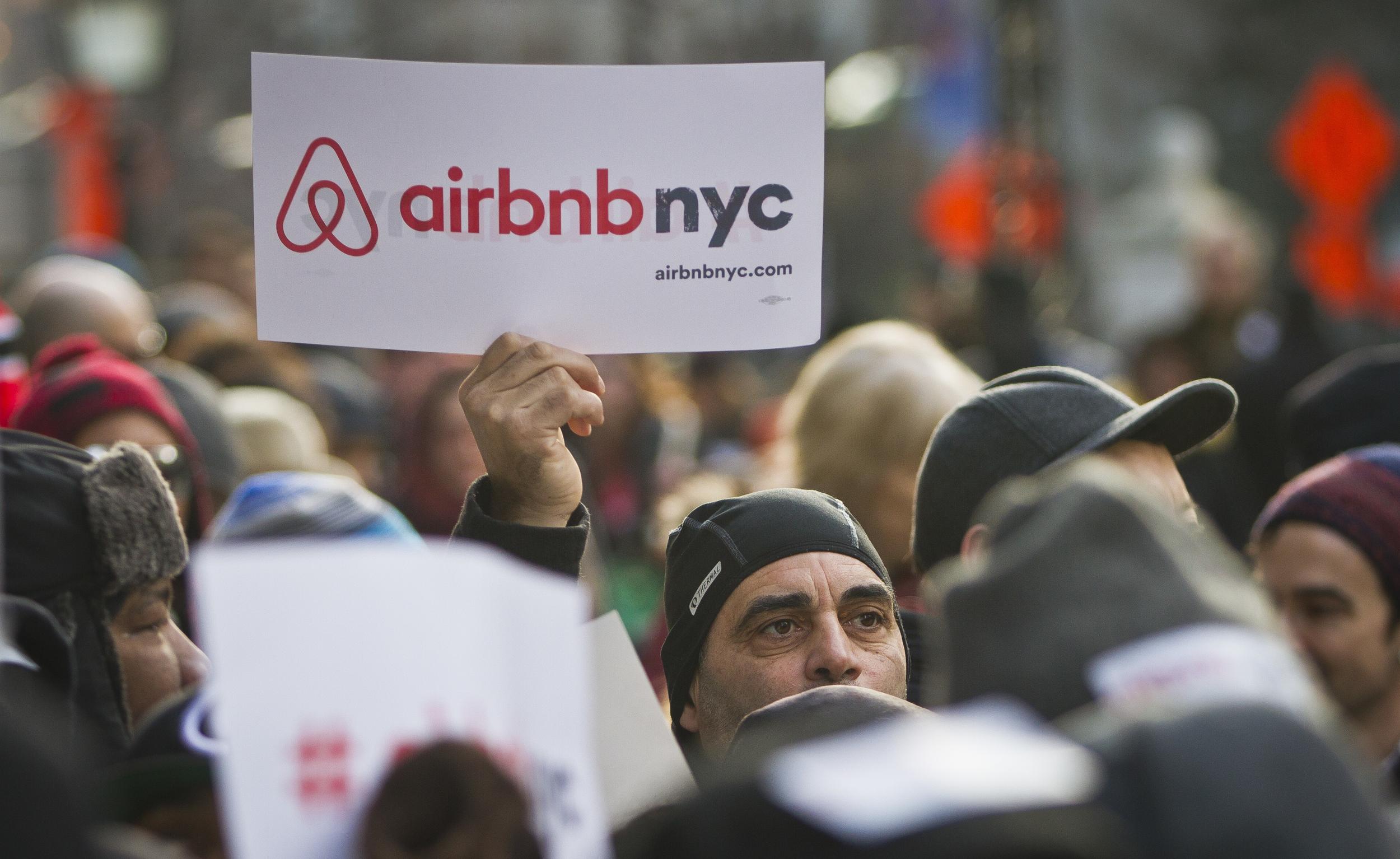
The relationship between Airbnb and New York state and city officials has, historically, not always been on the best of terms.
And a new law awaiting New York Governor Andrew Cuomo’s signature threatens to strain that relationship even further, and it could have lasting effects on how other cities choose to regulate short-term rentals.
On June 17, the New York state legislature passed a bill that would heavily fine hosts on Airbnb and other short-term rental sites like HomeAway, FlipKey, and VRBO, who post listings that violate the state’s laws on short-term rentals. The new law has a penalty of up to $1,000 for the first violation, $5,000 for the second violation, and $7,500 for the third and subsequent violations.
New York’s short-term rental laws, which were last updated in 2010, basically prohibit most apartments (buildings with three or more units) in New York City from being rented out for less than 30 days. This means that the majority of entire home/apartment listings that you find on Airbnb and other sites for New York City would be considered illegal, especially if you can book them for a period of less than 30 days.
Airbnb and its peers have not actively helped city or state officials limit illegal listings on their sites and, according to data supplied by Airbnb, entire home listings outnumber listings for private rooms or shared spaces on their platform for New York City. On June 1, 2016, Airbnb had 22,253 entire home listings in New York City, and 19,120 listings for a private room or shared space.
Shared rentals, or those where the host is present throughout the stay, are considered legal in New York, however. And certain dwellings, like one-family and two-family homes, can be rented out legally, whether or not a host is present.
Essentially, this new advertising law in New York enforces existing state law, and it holds users of Airbnb, HomeAway, FlipKey, and the like, directly accountable for violating that law.
Read rest of the article at Skift




